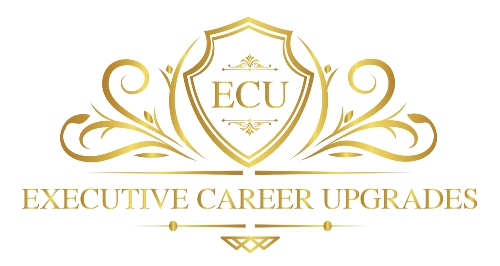As an executive leadership coach, I’ve worked with countless C-suite leaders who, despite their success, found themselves questioning whether they were truly in the right role.
It’s a common dilemma-;even at the highest levels of leadership. The corner office doesn’t always guarantee fulfillment, and the path to the top can sometimes lead us astray from our true calling.
And while many gurus will put you somewhere between “shove those thoughts down and be grateful” and “quit your job and start a business,” I believe there’s a better, more nuanced approach. Here are six simple questions that can help guide you toward clarity:
1. If you were to write a letter to your 25-year-old self, would you proudly describe your current role?
This question isn’t about achievements or titles. It’s about the why behind what you do and how it aligns with your core values and aspirations.
Your 25-year-old self had dreams, ideals, and a vision for the future. Has your current role fulfilled those in ways you never imagined, or has it led you down a path that feels foreign to your younger self?
Consider not just the position you hold, but the impact you’re making, the problems you’re solving, and the legacy you’re creating. If there’s a disconnect between your current reality and what would make your younger self proud, it might be time to reassess your path.
2. In your current role, what percentage of your time do you spend in your “zone of genius?”
The “zone of genius” concept from Gay Hendrick’s The Big Leap is a novel idea worth exploring.
This zone goes beyond mere competence or even excellence. It’s that sweet spot where your unique talents and passions intersect with the needs of your organization and the market. Work feels effortless in this zone, time flies, and your contributions are exceptional.
Be honest with yourself. Are you spending most of your time leveraging your distinctive strengths, or are you bogged down by tasks that others could do just as well, if not better?
A role that allows you to operate predominantly in your zone of genius benefits your organization and leads to greater personal fulfillment and sustained high performance.
3. If you had to choose between doubling your salary in your current role or halving it to pursue your passion, which would you choose?
This question isn’t about the money itself but about what truly drives you. We all know how easy it is to get caught up in the trappings of success-;the prestige, the compensation, the perks.
If you find yourself hesitating or leaning towards the passion-driven option, it might indicate that your current role, despite its rewards, isn’t fulfilling your deeper needs.
4. How often do you say, “That’s not my job,” even when facing critical challenges?
In the right role, leaders often naturally expand their scope, taking on challenges that might not strictly fall under their job description. Now, I’m not advocating for overworking or taking on too much, but there is a certain joy and satisfaction that comes from feeling like you are making a meaningful impact in your organization.
Do you find yourself eager to contribute beyond your defined responsibilities, or do you frequently deflect issues that don’t directly fall under your purview?
A pattern of the latter might indicate that you’re operating in a role that doesn’t fully engage your leadership instincts or align with your sense of organizational ownership.
5. If you were to create a startup based on your current skills, passions, and market insights, would your role in that company resemble your current position?
This thought experiment combines self-awareness with market realities.
Imagine you have the freedom to create your ideal role within the constraints of market demand and your own capabilities. How closely does this hypothetical position match your current one?
The exercise can reveal gaps between your current role and your ideal professional expression. It might also highlight aspects of your current position that you’d want to carry forward, helping you refine your understanding of what truly matters to you in your career.
6. How would your leadership style and decisions change if you knew you’d be in this role for the next 20 years?
This question challenges you to adopt a long-term perspective on your current role. Often, we make decisions based on short-term goals or the assumption that we’ll move on to something else soon. But imagining a two-decade commitment can radically shift your approach.
Would you invest more in relationships? Push for more significant organizational changes? Develop different skills?
If you find that this long-term view energizes you and sparks ideas for positive change, it might indicate a strong fit with your role. Now the catch: If the thought of 20 years in your current position fills you with dread, it’s a clear sign that something needs to change.
Get honest with your reality
Too many executive leaders spend years in a role that doesn’t align with their values and passions simply because they’re afraid to make a change. But the longer you ignore your true desires and needs, the harder it becomes to make a meaningful impact in your role.
Remember, being in the “right” role isn’t about perfection. It’s about finding a position that allows you to contribute your best, grow consistently, and find fulfillment in the challenges you face.
As leaders, when we align our roles with our authentic selves, we not only serve our organizations better, but also set an example for others to do the same. Be that leader.


